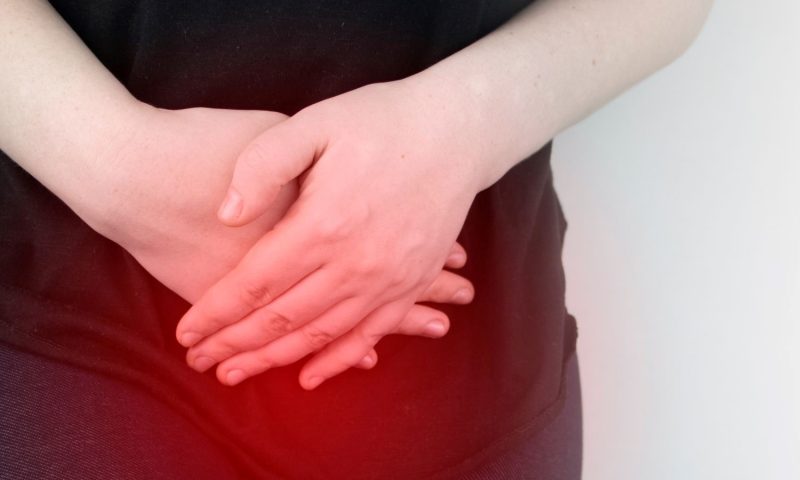Don’t let age-related bladder problems control your life. Learn about some common issues and practical solutions to manage them and live better.
As we age, our bodies undergo various changes, and we must adapt to and manage these shifts. One aspect of aging that can be particularly challenging is dealing with age-related bladder problems. But by knowing about the most common age-related bladder issues and how to effectively manage them, you can maintain good urinary health as you age.
Urinary Incontinence
One common bladder problem among older individuals is urinary incontinence. This condition causes involuntary leakage of urine and can significantly affect an individual’s quality of life. Here are the main types of urinary incontinence:
- Stress incontinence (triggered by activities like laughing or sneezing)
- Urge incontinence (sudden strong urge to urinate)
- Overflow incontinence (inability to empty the bladder completely)
Managing Urinary Incontinence
To help manage urinary incontinence, here are some practical steps you can take:
Pelvic Floor Exercises
Pelvic floor exercises, also known as Kegel exercises, can help strengthen the muscles responsible for controlling urine flow. This results in improved bladder control.
Bladder Training
By scheduling regular bathroom breaks and gradually increasing the time between visits, you can retrain your bladder to hold urine longer.
Incontinence Products
For those with more severe incontinence, it may be helpful to use either adult diapers or adult pull-ups to prevent accidents and ensure comfort during daily activities.
Overactive Bladder
An overactive bladder entails a frequent and sudden urge to urinate, often resulting in involuntary urine leakage. This issue can be distressing and inconvenient.
Managing an Overactive Bladder
To mitigate the impact of an overactive bladder on your daily life, try the following approaches:
Reduce Caffeine and Alcohol Intake
Try to reduce your daily intake of caffeine and alcohol. Both substances can irritate the bladder and exacerbate symptoms.
Maintain a Healthy Weight
Carrying excess weight can put pressure on the bladder and contribute to overactive bladder symptoms.
Medications
In some cases, your doctor may prescribe medication to help relax the bladder muscles and minimize symptoms.
Nocturia
Nocturia is the need to wake up multiple times during the night to urinate. This condition can be frustrating and disruptive, affecting an individual’s sleep quality and overall health.
Managing Nocturia
Consider these strategies to reduce the effects of nocturia:
Limit Evening Fluid Intake
Reducing your fluid intake a few hours before bedtime can help minimize the need to urinate during the night.
Elevate Your Legs
If you struggle with swollen legs or fluid retention, elevating your legs during the day can help decrease fluid buildup in your lower extremities, reducing nocturia symptoms.
Medications
In some instances, your doctor may recommend medication to manage nocturia, particularly if other lifestyle changes have not been effective.
By understanding the most common age-related bladder issues and how to manage them, you can take control of your bladder health and maintain the best possible quality of life as you age.
